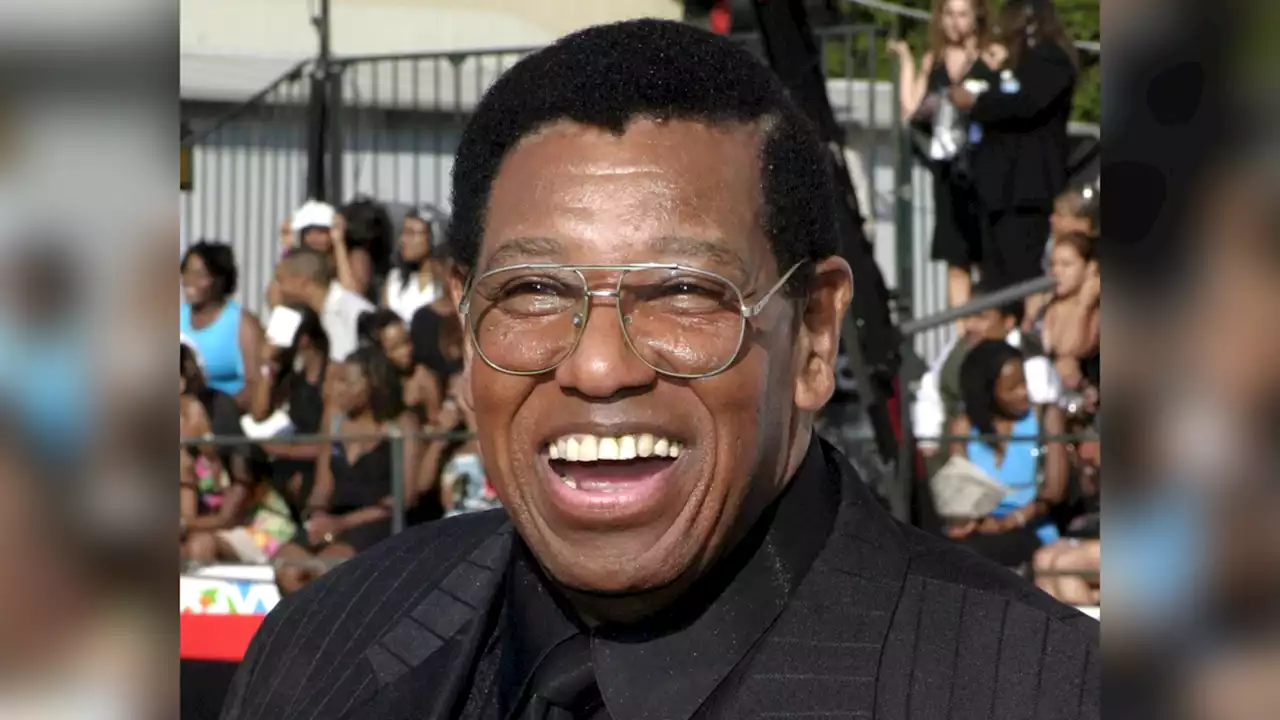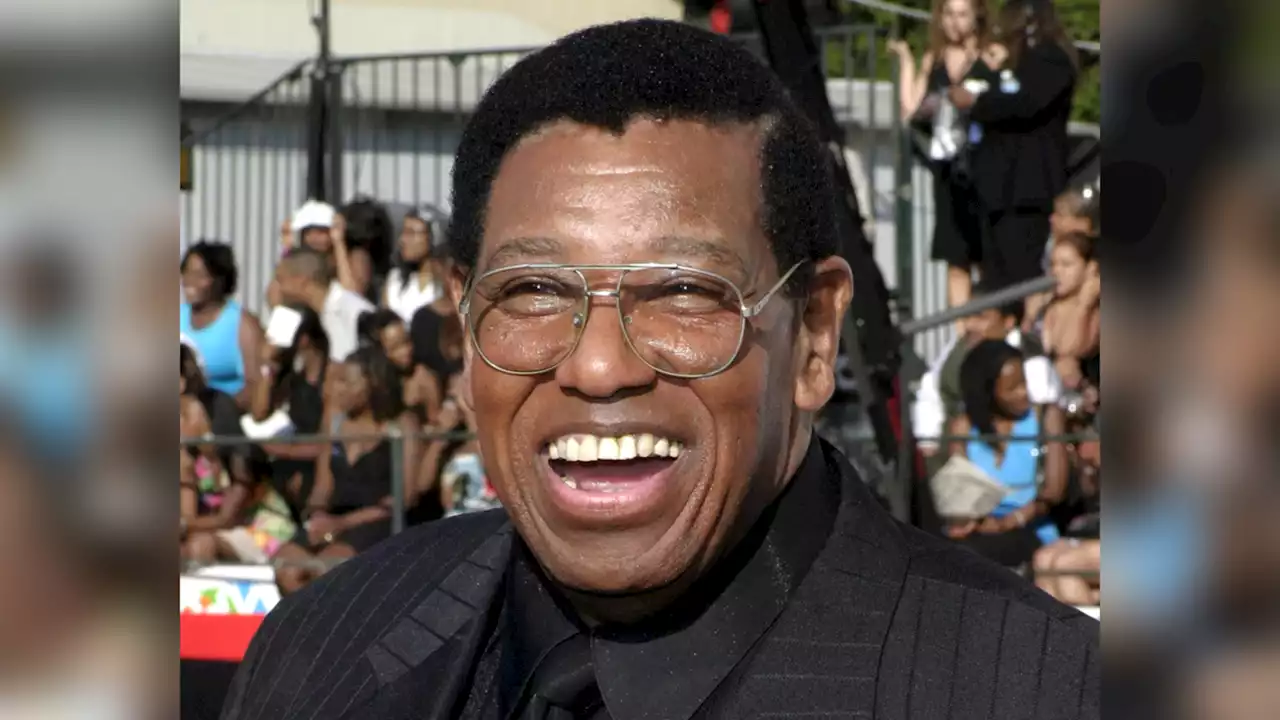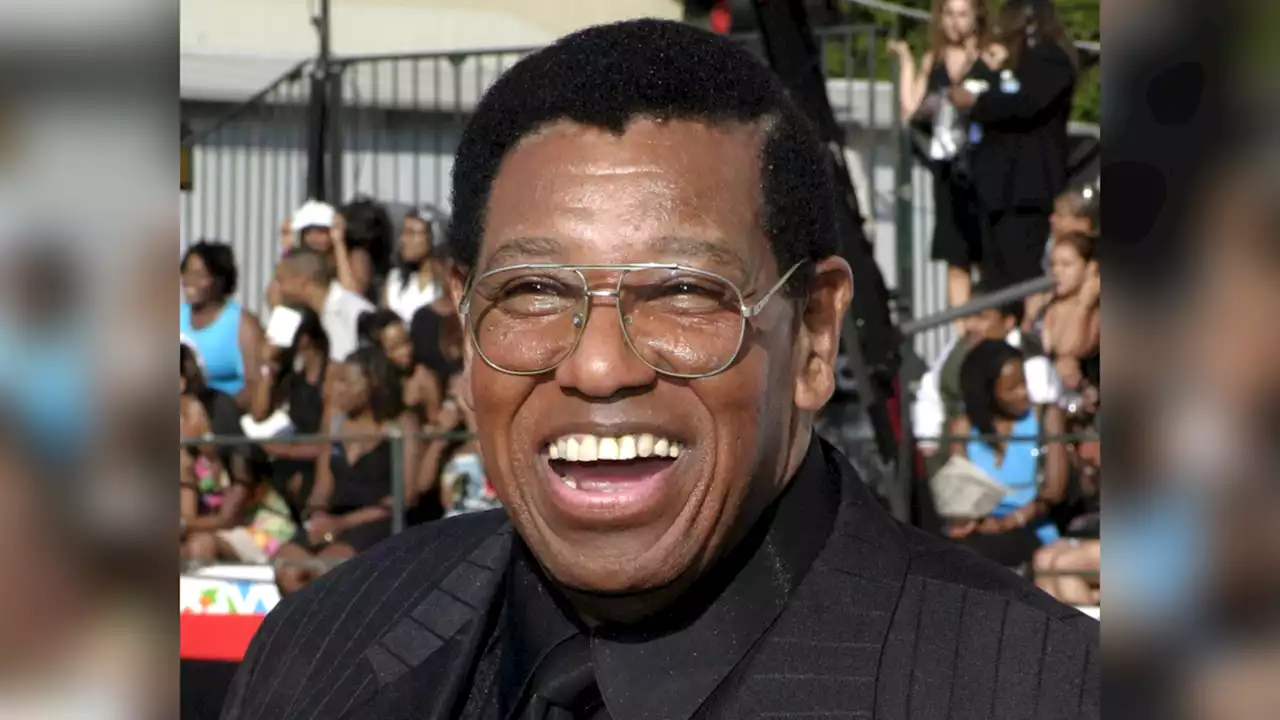“Even with foresight and the most careful attention,” rachaelbedard writes, “you cannot practice someone’s last words in advance. People die as they live and live as they are.”
There are essentially two kinds of physicians: those who want to fix things and those who want to help people deal with things that can’t be fixed. I became a geriatrician andbecause I like being with people when the hard stuff goes down. I like organizing a plan, untangling the knot of someone’s suffering even just a bit. I like having something to offer.
My grandmother, Harriet, became engaged to my grandfather, Lou, after they’d dated for two weeks. Whenever anyone asked how she knew, she would say, “He was a hunk.” Lou was frequently ill and died at fifty-seven. I didn’t know Harriet then and can’t picture her grief, but she never dated anyone after him. She would speak of him with a very specific tenderness that conveyed, every time, that he was the love of her life.
That hospitalization lasted several weeks. Then Harriet recovered. She kept living alone. She seemed to be evading death by simply refusing to acknowledge its possibility. When I would visit, she would roll her eyes and say things like “Getting old is no fun, kiddo!” She would ask for my professional input as a physician into her various ailments, but then beam throughout my replies and listen to none of it.
The essence of geriatric medicine is the anticipation of cascading health problems like the ones that Harriet was facing. “Frail” is a colloquial term used to describe little old ladies, but frailty is also a clinical syndrome that affects more than just our bones and muscles. With time and stress, our internal organs and biological systems become worn, brittle, less resilient to infections and injuries, more susceptible to toxicities.
Family meetings are considered the palliative-care practitioner’s core procedure. An experienced facilitator listens more than she talks, and then summarizes, clarifies, and organizes; her job isn’t to tell the family what to do, but to help them articulate it for themselves. I forgot all my practiced communication techniques when speaking to my own family members, tripped up by my intimacy with the patient and with them. I monologued, with pauses for questions.
Österreich Neuesten Nachrichten, Österreich Schlagzeilen
Similar News:Sie können auch ähnliche Nachrichten wie diese lesen, die wir aus anderen Nachrichtenquellen gesammelt haben.
 ‘It’s striking’: MD Anderson researcher investigates cause of racial disparities in colon cancerA grandmother, two great aunts and a cousin.
‘It’s striking’: MD Anderson researcher investigates cause of racial disparities in colon cancerA grandmother, two great aunts and a cousin.
Weiterlesen »
 Johnny Brown, actor known for playing Nathan Bookman on 'Good Times,' dies at 84In addition to his four-year run on the show, Brown frequently appeared on 'Rowan & Martin's Laugh-In' and enjoyed a lengthy singing and stage career.
Johnny Brown, actor known for playing Nathan Bookman on 'Good Times,' dies at 84In addition to his four-year run on the show, Brown frequently appeared on 'Rowan & Martin's Laugh-In' and enjoyed a lengthy singing and stage career.
Weiterlesen »
 Johnny Brown, actor known for playing Nathan Bookman on 'Good Times,' dies at 84In addition to his four-year run on the show, Brown frequently appeared on 'Rowan & Martin's Laugh-In' and enjoyed a lengthy singing and stage career.
Johnny Brown, actor known for playing Nathan Bookman on 'Good Times,' dies at 84In addition to his four-year run on the show, Brown frequently appeared on 'Rowan & Martin's Laugh-In' and enjoyed a lengthy singing and stage career.
Weiterlesen »
 Mitchell Ryan, actor known for roles in 'Lethal Weapon,' 'Dharma & Greg,' dies at 88Mitchell Ryan, the granite-jawed actor who was instantly recognizable on TV and the big screen, died at age 88.
Mitchell Ryan, actor known for roles in 'Lethal Weapon,' 'Dharma & Greg,' dies at 88Mitchell Ryan, the granite-jawed actor who was instantly recognizable on TV and the big screen, died at age 88.
Weiterlesen »
 Johnny Brown, actor known for playing Nathan Bookman on 'Good Times,' dies at 84In addition to his four-year run on the show, Brown frequently appeared on 'Rowan & Martin's Laugh-In' and enjoyed a lengthy singing and stage career.
Johnny Brown, actor known for playing Nathan Bookman on 'Good Times,' dies at 84In addition to his four-year run on the show, Brown frequently appeared on 'Rowan & Martin's Laugh-In' and enjoyed a lengthy singing and stage career.
Weiterlesen »
 Mitchell Ryan, Actor Known For 'Dark Shadows,' 'Lethal Weapon,' Dies At 88Actor Mitchell Ryan, known for his roles on several soap operas and films over a 60 year span died at 88 Friday.
Mitchell Ryan, Actor Known For 'Dark Shadows,' 'Lethal Weapon,' Dies At 88Actor Mitchell Ryan, known for his roles on several soap operas and films over a 60 year span died at 88 Friday.
Weiterlesen »
